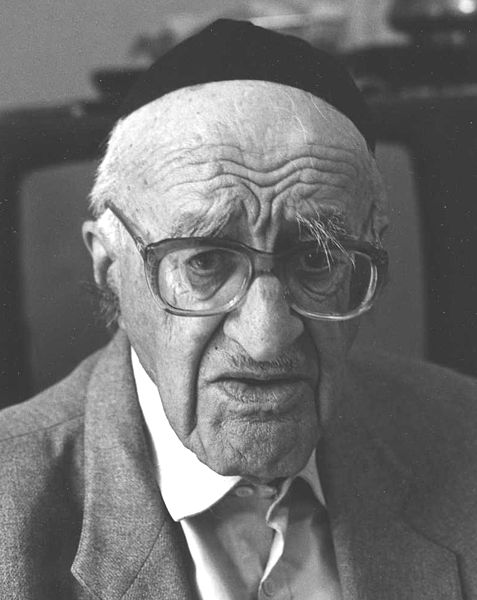My new column is up at the Daily Beast:
I bought a pair of tickets to Dudu Tassa and the Andalusia Orchestra performing the works of Tassa’s grandfather and great-uncle, the Al-Kuwaiti Brothers, the forgotten Jewish maestros of Baghdad. The tickets set me back two Yitzhak Ben-Tzvis, the equivalent of one Zalman Shazar, which is to say two 100-shekel bills or one 200-shekel bill. By next year, when Israel’s new banknotes are in circulation, that will be two Leah Goldbergs or one Nathan Alterman. Poets are replacing politicians on our money.
The concert cost considerably less than classical European music does at the same Jerusalem hall. Marginalized culture comes at a discount, and its icons don’t appear on cash. The chances that portraits of Daud and Saleh al-Kuwaiti will ever adorn a 200-shekel bill seem slim. But you never know. After much controversy, Jerusalem has named a street after dissident philosopher Yeshayahu Leibowitz. The gates of commemoration are forever open.
The Leibowitz fuss had barely ended when the shouting about the banknotes began. Last week, at the Bank of Israel’s request, the cabinet voted to approve the new bills.






